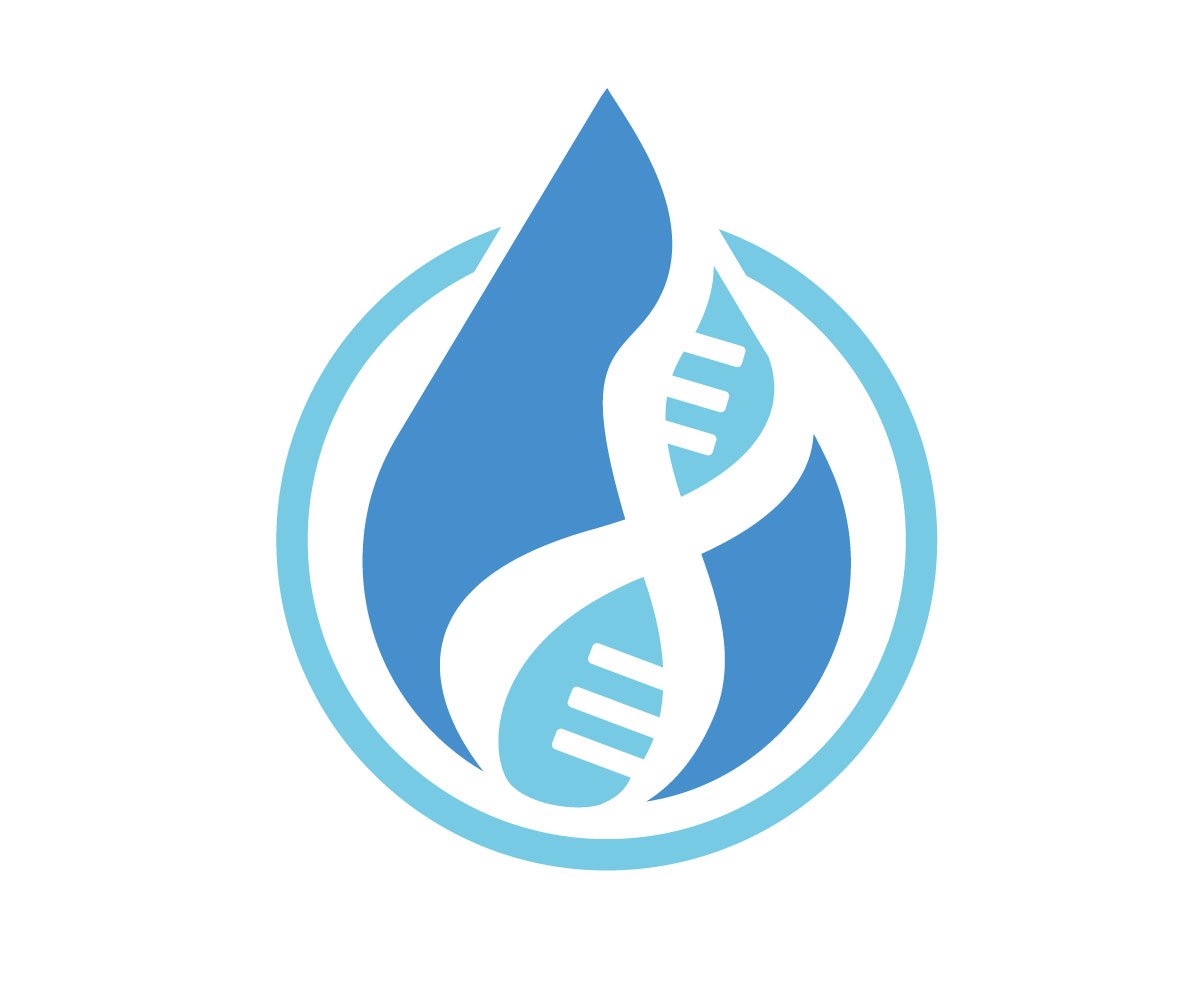Pharmacogenomics: Searching for DNA Test Results That Give Insight Into Medications
A growing area in genetic research is this six-syllable word: PHARMACOGENOMICS.
Pronounced “farma-ko-juh-NO-miks,” it’s a big word, but don’t let your eyes glaze over! The information we are learning from this area of DNA research could make a difference in your life or the lives of those around you.
Pharmacogenomics compares differences in peoples’ DNA and the impact that certain medications might have, the dosage a doctor might prescribe, response to medications, and potential side effects.
Long story short, pharmacogenomics is the study of how variations in the DNA affect the way your body uniquely processes medications.
“Pharmaco” derives from the Greek term for medicine, and “genomics” refers to the study of genomes (DNA).
Out of the nearly 20,000 genes humans have, a growing list includes ones known to be involved with the way chemicals are broken up and processed by our body cells. Some people have endeavored to test their DNA using tests ordered specifically for this purposes. Others have tried to pull out information from their raw data files from consumer companies like 23andMe and Ancestry.com.
I advise my clients against the DIY approach using raw data (you can read past posts about raw data limitations here, here, and here) and encourage them along a path to clinically-validated tests. This means more time and research to get to the test you need and to find a provider qualified to order it, but it does not necessarily mean you’ll spend more money.
Many are budget-friendly, and some are covered by insurance if your doctor feels the test is important for your care.
When you seek information that could make or break the way you react to a drug, your testing should come from laboratories with CLIA numbers and CAP certification.
Work with a genetic counselor (search findageneticcounselor.com for someone specializing in pharmacogenomics or personalized medicine) to guide you to the right one. You can be more confident that your results are as reliable as they can be and the testing has been as complete as possible.
I turn to my colleagues who are genetic counselors specializing in pharmacogenomics when I have questions. Since medical genetics moves so fast, these people are the most likely to know the ins and outs of testing from certain labs. They will know the most up-to-date answers to questions like:
· “Will my insurance cover the testing?”
· “Does this test cover only specific genes and medications or many?”
· “Is it time for me to have my testing repeated or updated?”
· “My doctor wants to switch my medications…is there a way to find out more about whether that might work for me?”
Your DNA isn’t the only important factor to consider when it comes to pharmacogenomics. The TYPE of medication you are taking and that your doctor is considering is important too. Some drugs are absorbed in an active form and become inactive, while others (called pro drugs) start in an inactive state and become active in your body. If you’re an ultrarapid metabolizer (which is a common trait and not worrisome), you’ll respond to these types of drugs differently from a person who is not an ultrarapid metabolizer.
We are all unique, and within one family we can see different reactions to the same drugs. We can’t look to family history for information about the way you might uniquely respond to medications. (This is a reason I addressed pharmacogenomic testing in a section separate from family medical history and medical DNA tests in my book, The DNA Guide for Adoptees.)
Basically, genes are involved at the very basic cellular level as part of the biochemical pathways that determine how chemicals will be broken down, transported, and excreted. These pathways are complex and determined by dozens or sometimes hundreds of genes and thousands or millions of combinations of individual DNA changes within them.
The research is still in its infancy, and there is conflicting evidence and conflicting opinions among the experts. We still have a long way to go before we can make firm conclusions.
Start learning today by reading this blog post on the NSGC blog, from this past guest blog post, or this newly-released Beagle Has Landed podcast.
You can read more about pharmacogenomics and other types of DNA testing in my book with coauthor Shannon Combs-Bennett, The DNA Guide for Adoptees. There is useful information about family DNA searches and medical genetics, regardless of your history and background. You can find it at your favorite online retailer, like Amazon and BAM.

